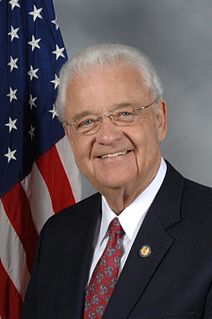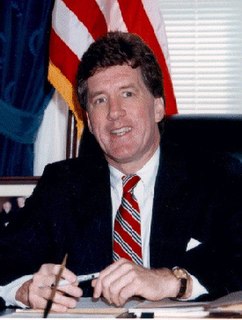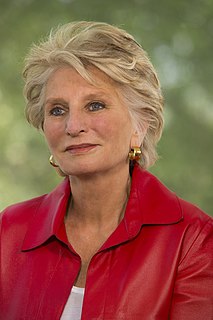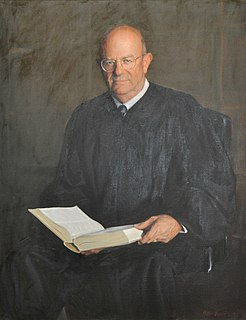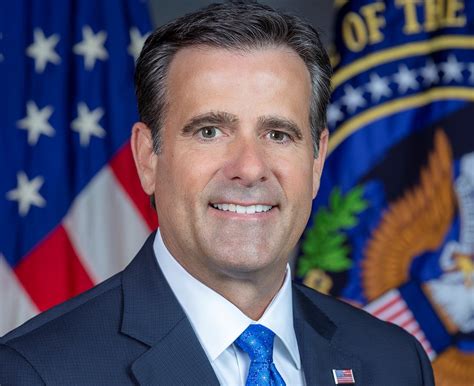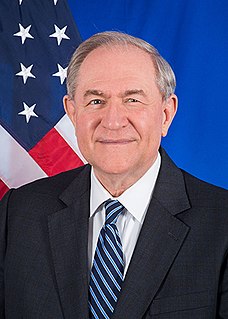A Quote by Ronald Kessler
The 9/11 commission recommended the appointment of a national intelligence director with budgetary authority to better coordinate the work of the intelligence community and resolve differences.
Related Quotes
The intelligence community's 2002 National Intelligence Estimate (NIE) stated, in a formal presentation to President Bush and to Congress, its view that Saddam had weapons of mass destruction - a belief in which the NIE said it held a 90% level of confidence. That is about as certain as the intelligence community gets on any subject.
I would have never thought that I would hear myself saying that the president of the United States is afraid of the CIA. But he is. He's afraid of the NSA as well. How else to explain that the National Intelligence director, who lied under oath to his senate overseers on the 12th of March 2013, is still the director of National Intelligence?
I was an Army intelligence agent and a veteran during the Cold War, assigned to West Germany. I was the chairman of the National Commission on Homeland Security and Terrorism for the United States for five years. I was a person who has dealt extensively with these homeland security issues. I was a governor during the 9/11 attack.
There is no part of the executive branch that more exists on the outer edge of executive prerogative than the American intelligence community - the intelligence community, CIA, covert action. My literal responsibility as director of CIA with regard to covert action was to inform the Congress - not to seek their approval, to inform.

